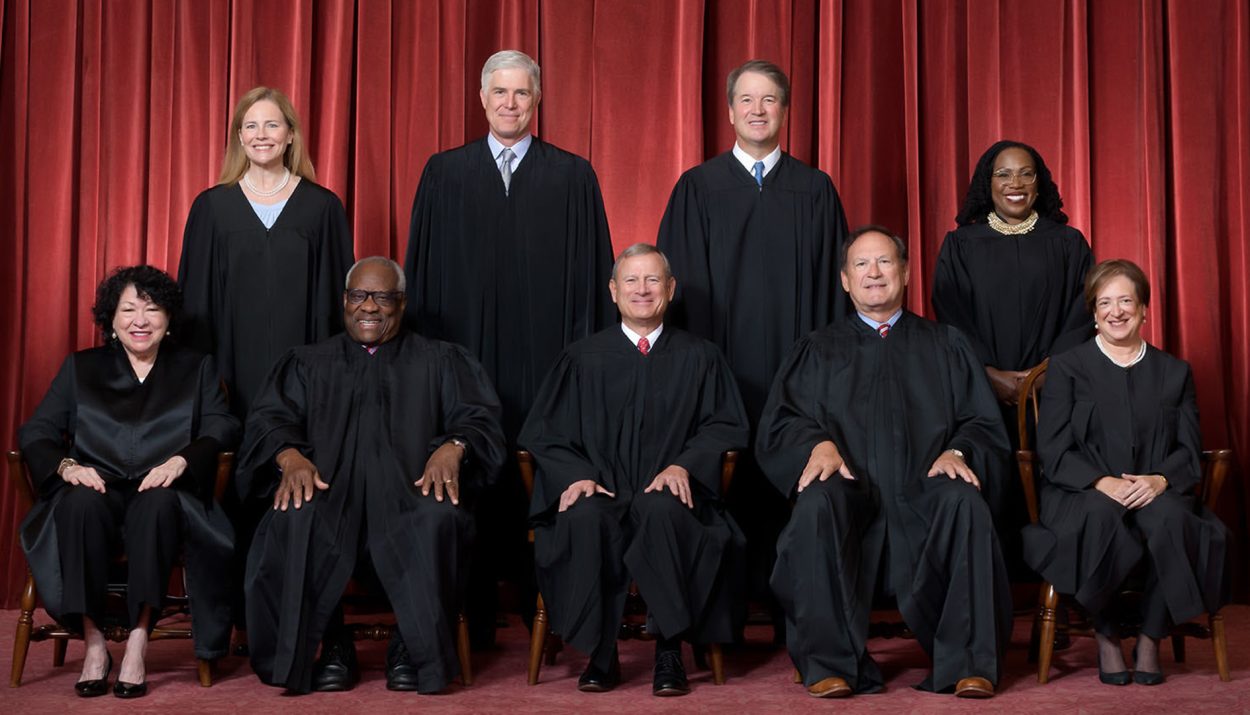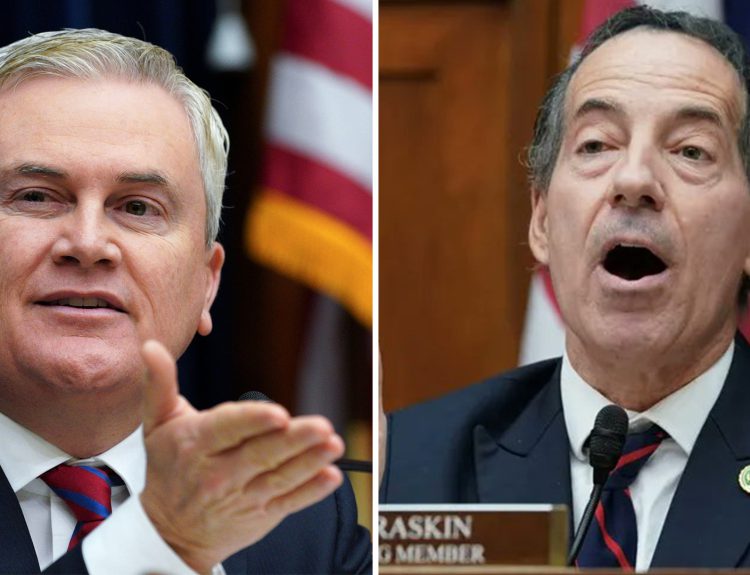The United States Supreme Court made an unusual decision on Tuesday in the case of an immigrant who said his deportation would make life difficult for his son. The case, Wilkinson v. Garland, was about a man from Trinidad and Tobago named Situ Wilkinson.
Federal Immigration agents wanted to deport Wilkinson, but he argued that the decision would make life really hard for his son. The Federal Court of Appeals previously said it was not within their power to overturn the verdict.
Rare Coalition Supports Wilkinson
On Tuesday, a rare coalition of Supreme Court judges lent support to Wilkinson in his case. They had to decide if the “hardship” rule was a mix of law and facts or just an unchangeable “discretionary judgment call.”

Liberal judges Sonia Sotomayor and Elena Kagan teamed up with three judges appointed by former President Donald Trump—Neil Gorsuch, Brett Kavanaugh, and Amy Coney Barrett—to write the majority opinion. They ruled that indeed the hardship standard is a ‘mixed question of law and facts.’
Split Opinion Among Judges
Justice Ketanji Brown Jackson agreed with the majority, but she wrote her own opinion. However, Justices John Roberts, Clarence Thomas, and Samuel Alito disagreed with the majority.
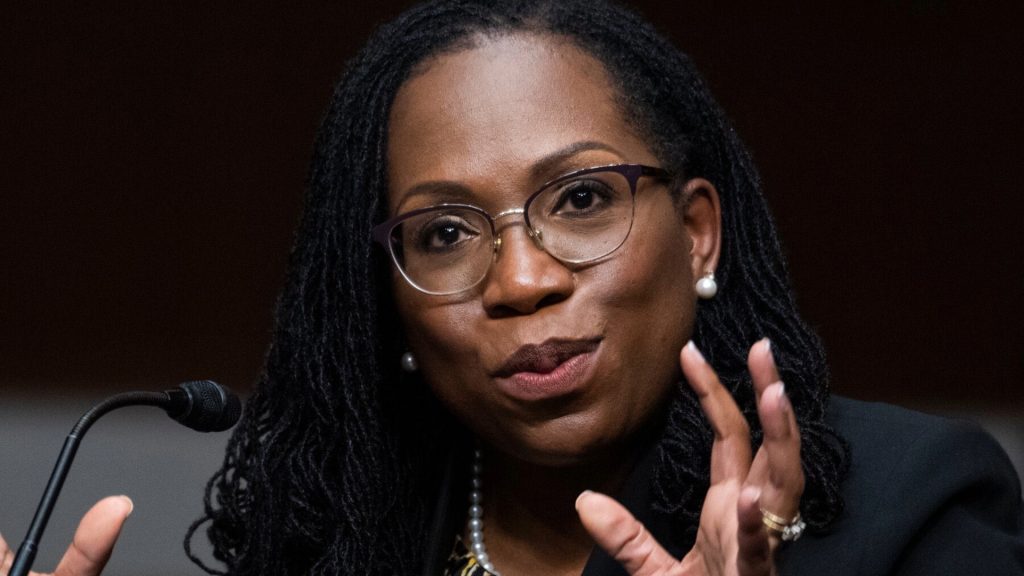
“Today’s decision announces nothing more remarkable than the fact that this Court meant what it said in Guerrero-Lasprilla: Mixed questions of law and fact, even when they are primarily factual, fall within the statutory definition of “questions of law” in §1252(a)(2)(D) and are therefore reviewable,” the court ruled.
Situ Wilkinson’s Immigration Battle
The case was about Situ Kamu Wilkinson, who came from Trinidad and Tobago. He stayed in the United States longer than he was allowed to because he was escaping violence back home in 2003.

Around ten years later, he and his girlfriend had a son, who is an American citizen known as M in the court documents. When he got caught by the authorities in 2019, Mr. Wilkinson tried to avoid being deported using a law that allows immigration judges to grant relief to people whose removal would cause great hardship to a spouse, parent, or child.
Wilkinson’s Case To Avoid Deportation
Mr. Wilkinson met the other requirements of the law: he had been living in the United States for at least 10 years without interruption, had shown good character, and hadn’t been found guilty of certain crimes.

An immigration judge discovered that M. had severe asthma and that Mr. Wilkinson supported him both financially and emotionally.
Judge Rules Against Wilkinson
However, the judge decided that these situations didn’t qualify as the type of hardship that would make an exception to the normal rules. The Board of Immigration Appeals agreed with that decision.
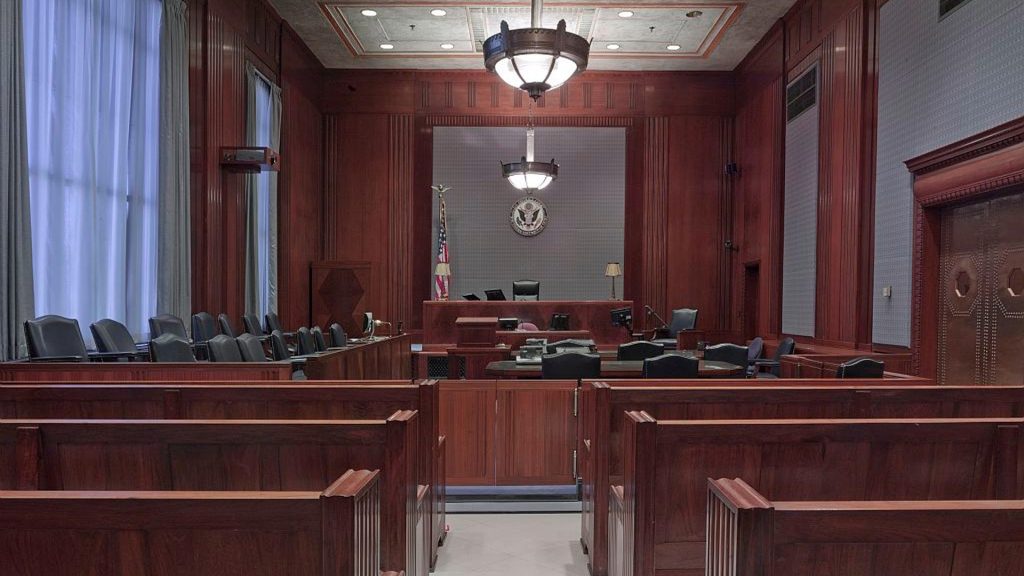
Mr. Wilkinson tried to get the decision looked at again in the United States Court of Appeals for the Third Circuit. However, the court said it didn’t have the power to review deportation rulings as much as it used to because of a law passed in 1996.
Justice Sonia Asserts Appeals Court Authority
Justice Sonia Sotomayor, speaking for five justices, explained that a change to the law did permit appeals courts to examine “questions of law.” She stated that the immigration judge’s use of the law’s standard in M.’s situation met that condition.
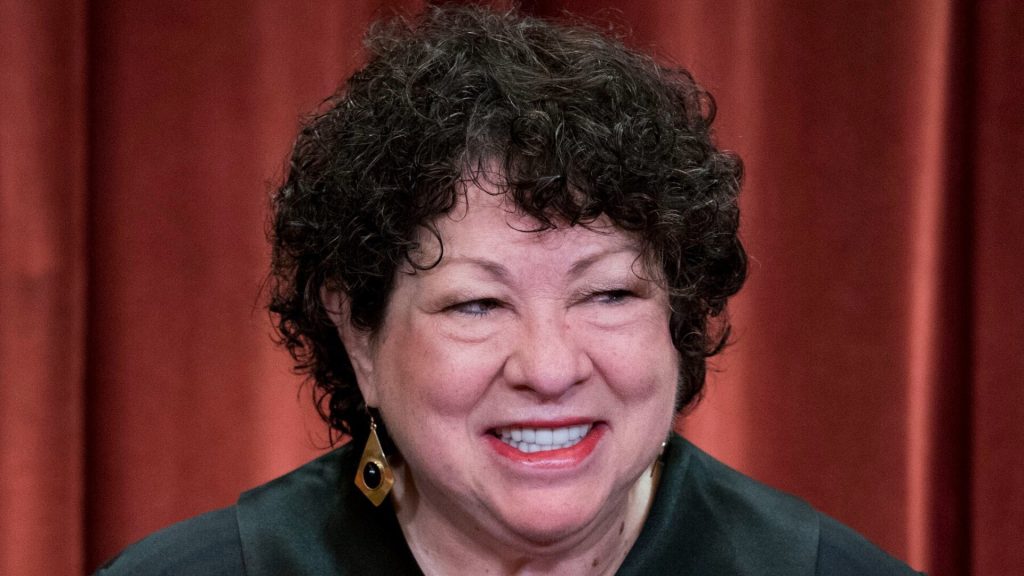
“Mixed questions of law and fact, even when they are primarily factual, fall within the statutory definition of ‘questions of law,’” Justice Sotomayor wrote, allowing appellate review.
Pure Factual Matters Are Not Open To Review
Sotomayor clarified that pure factual issues are still not open to review. She cited examples such as determining credibility, the severity of a family member’s medical condition, or the extent of financial support provided by a noncitizen.
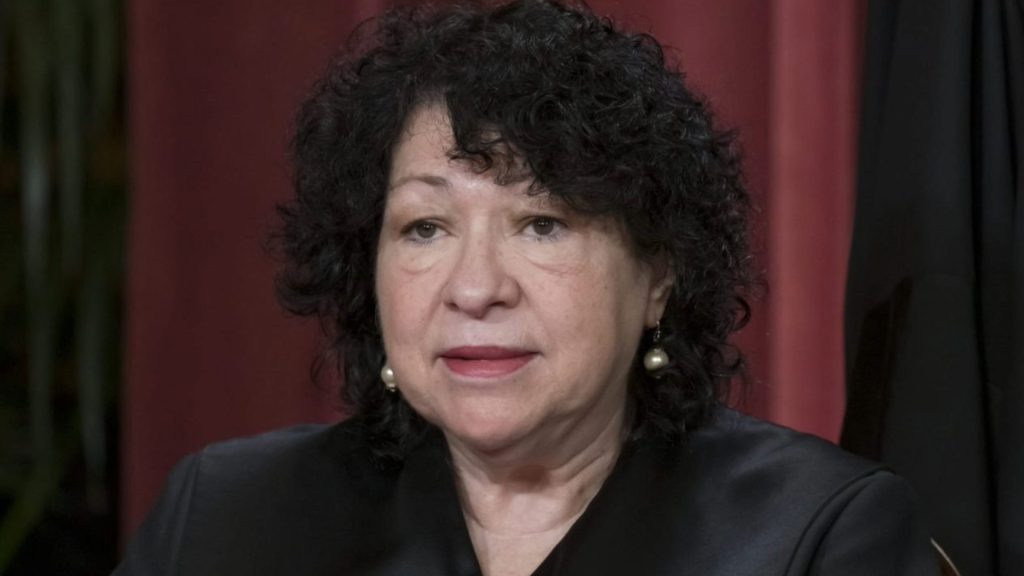
However, only the question of whether these established facts meet the legal eligibility criteria can be examined by a judge.
Justice Alito Disagrees
Justice Samuel A. Alito Jr., in disagreement, argued that the majority had gone against immigration laws by considering almost every issue as a legal one that could be reviewed by appeals courts.
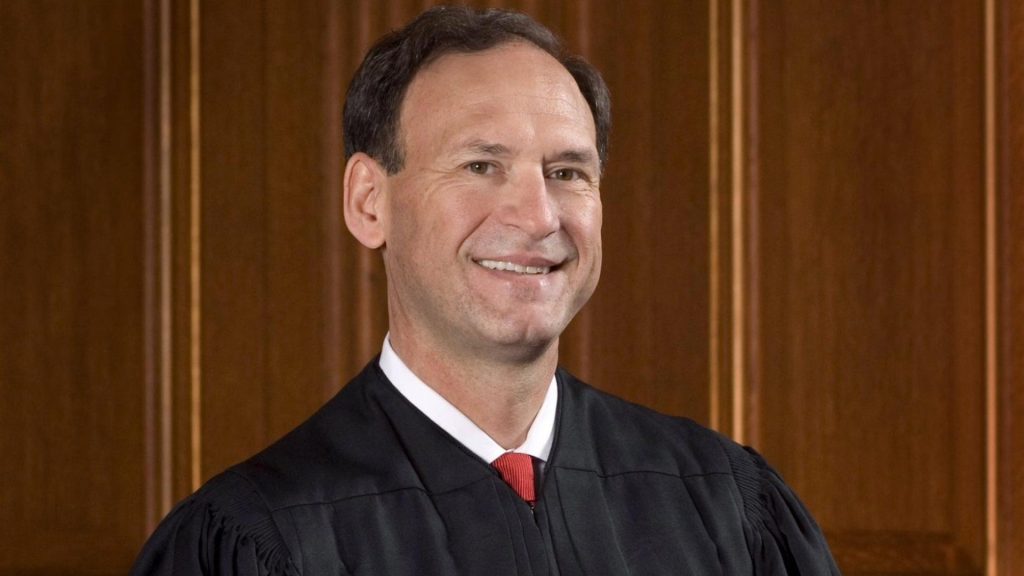
He wrote that interpreting the immigration laws in this way is like a City Council making a rule banning all dogs from a park, except for those weighing under 125 pounds. Or the council making a rule saying everyone must wear a helmet while riding a bicycle, but then saying people under the age of 90 don’t have to.
Unity A Rare Occurrence Amongst Judges
Many legal experts pointed out that it’s a rare occurrence for these justices to come to an agreement on a decision. This comes at a time when people have been criticizing the court for being too politicized in recent years.
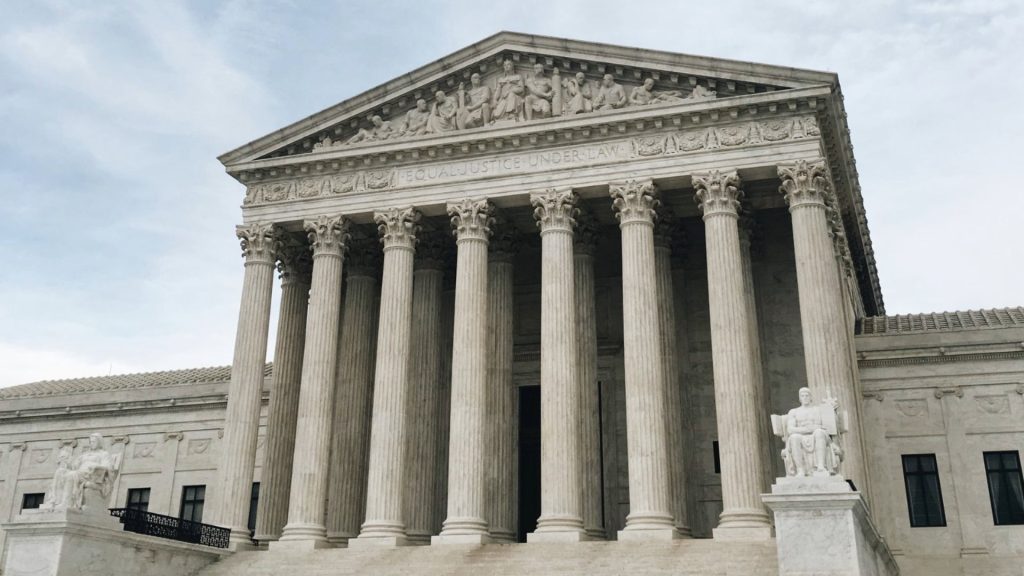
“Wilkinson v. Garland produces a 5-1-3 split at #SCOTUS, but not the 5-1-3 split you were expecting. Sotomayor was joined by Kagan, Gorsuch, Barrett, and Kavanaugh. KBJ concurs in judgment. Chief, Alito & Thomas dissent,” legal commentator Jonathan H. Adler posted on X.
Justices Say They’re Not Influenced By Politics
Last month, Supreme Court Justices Amy Coney Barrett and Sonia Sotomayor spoke on a panel affirming that Supreme Court Justices are principled people who aren’t influenced by politics.
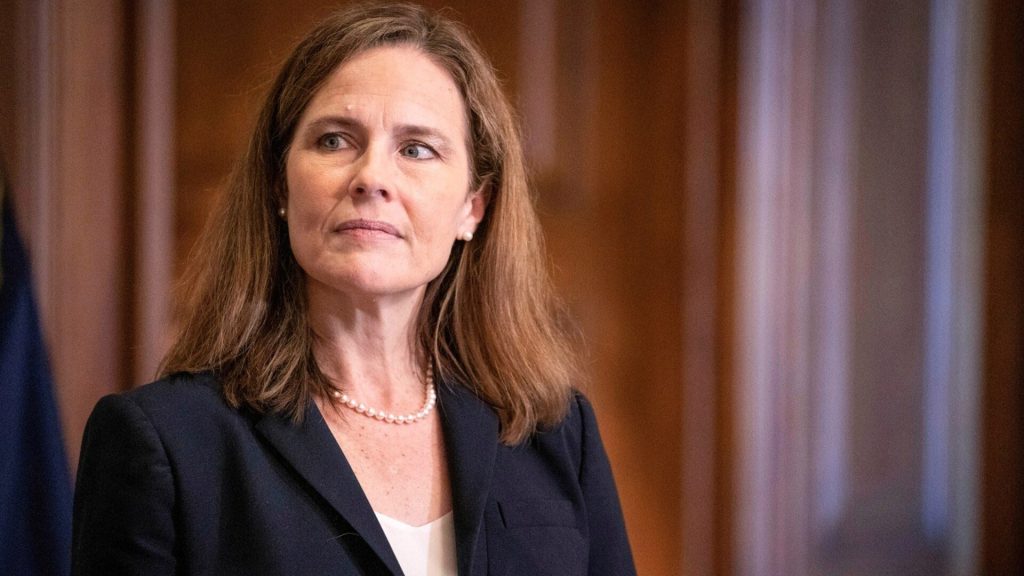
“And, so, it’s not just that we’re not Obama judges and Trump judges, but we’re also not Democratic judges or Republican judges. We don’t sit on opposite sides of an aisle. We all wear the same color black robes. We don’t have red robes and blue robes,” Barrett said.
Argument Doesn’t Hold Much Water
Barrett has been really firm about saying she and the other justices aren’t political at all. Her event with Sotomayor follows a PR campaign of remarks defending the court’s neutrality.
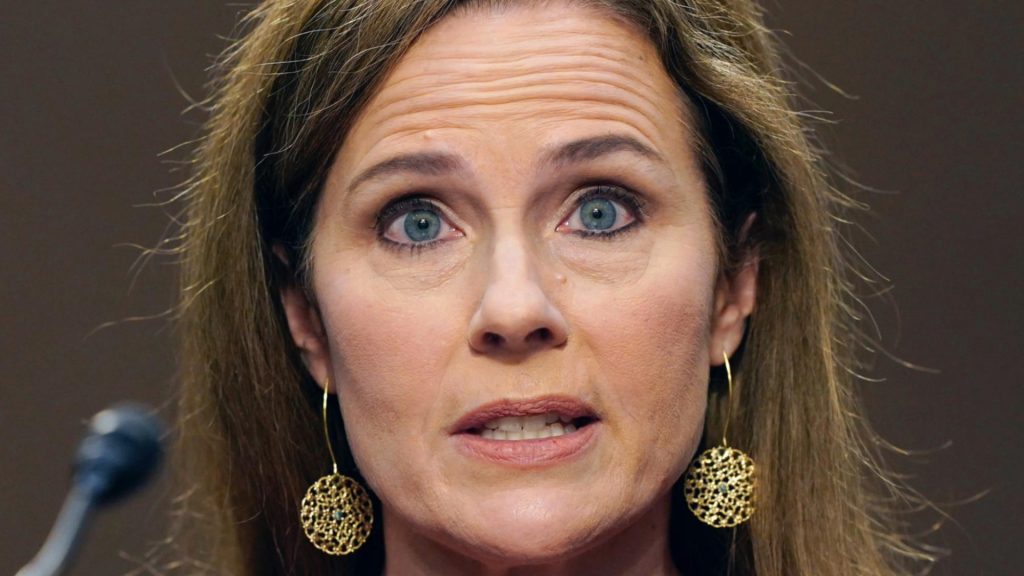
While it’s true that the Supreme Court is more about smart thinking and less about being openly biased than elected bodies, her fancy argument is mostly hokum.
The Thinking Behind Party Justice Choices
Barrett herself was allegedly picked not because Donald Trump thought highly of her legal smarts, but because he and his supporters thought she’d vote in their favor and, because she’s young, do it for a long time.
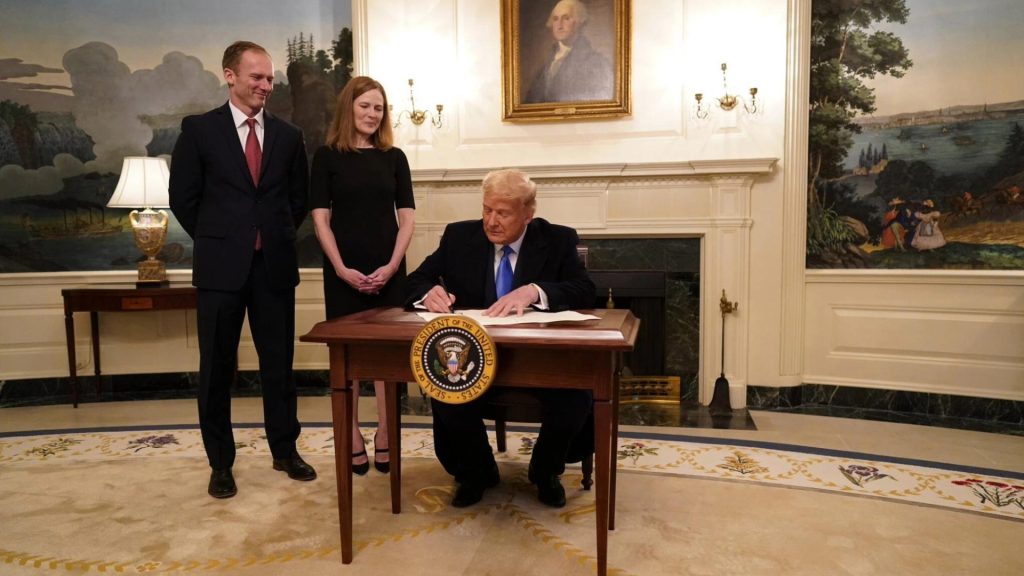
The rules push parties to pick the youngest and most politically loyal justices possible.
Poll Shows Public Opinion
Meanwhile, a survey from 2021 showed that 62 percent of people thought the Supreme Court’s choices were influenced by politics instead of following the U.S. Constitution and laws.
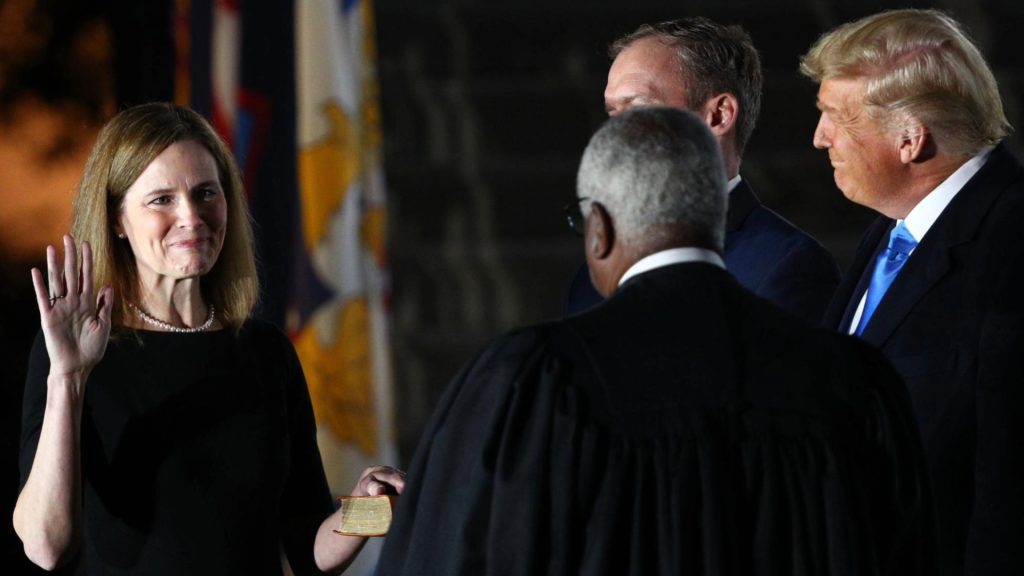
The survey also found that people from different political parties felt the same way. About 60 percent of Republicans, 66 percent of Democrats, and 63 percent of independents all believed the justices’ decisions were driven by their political views.

